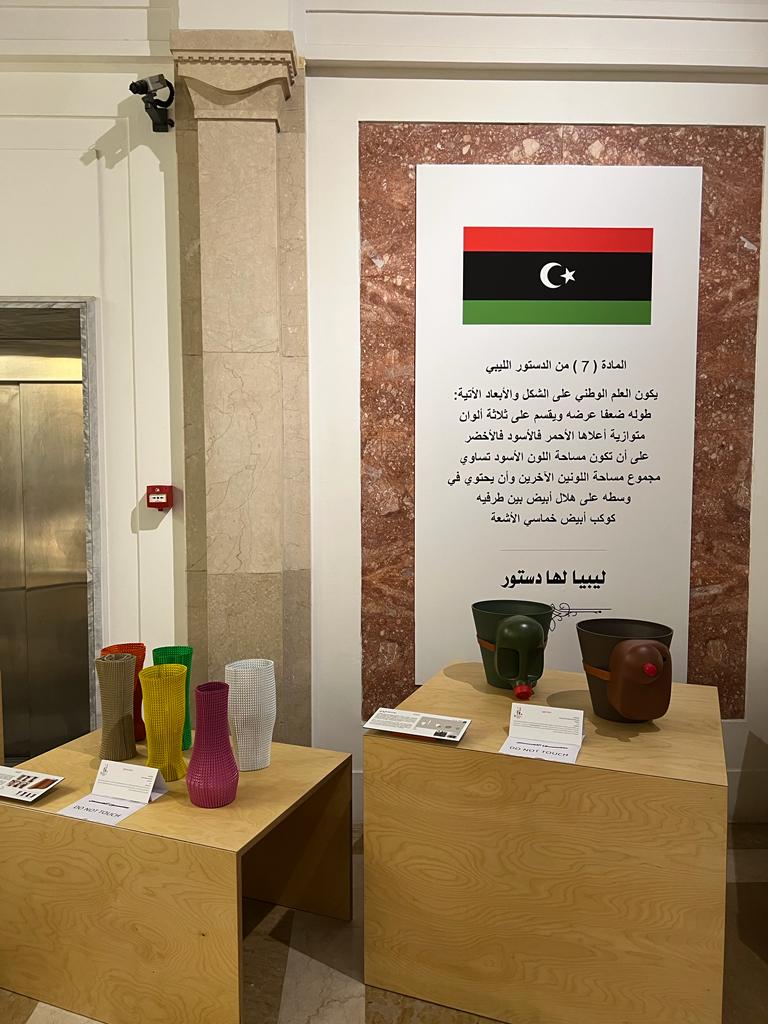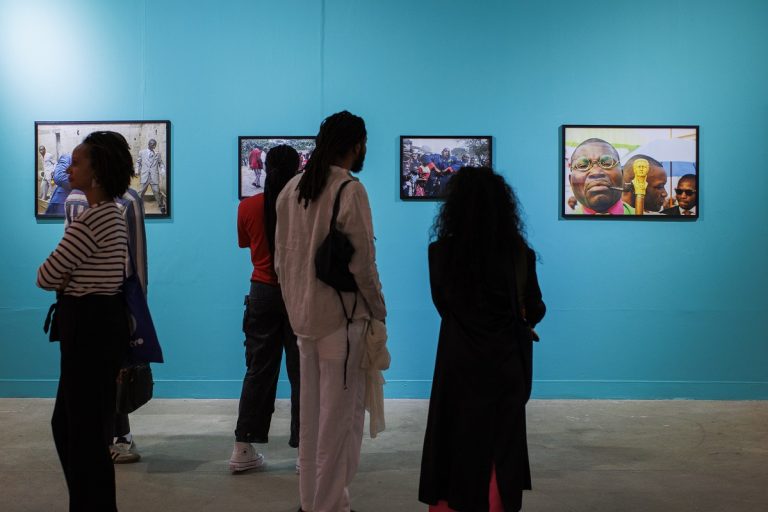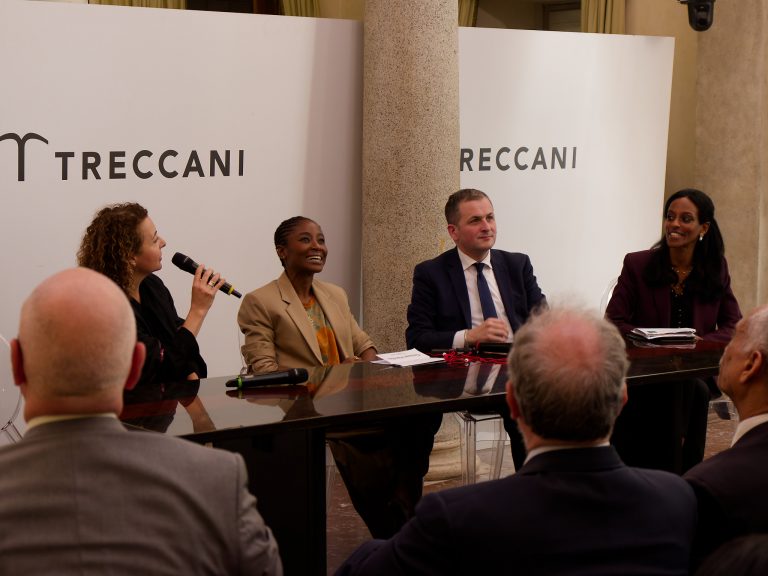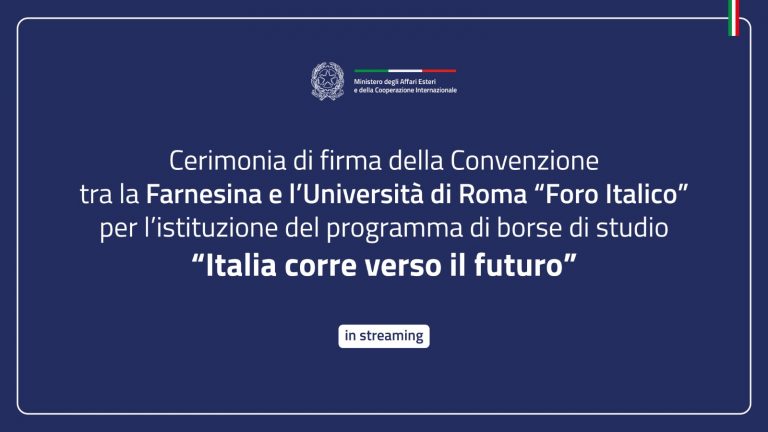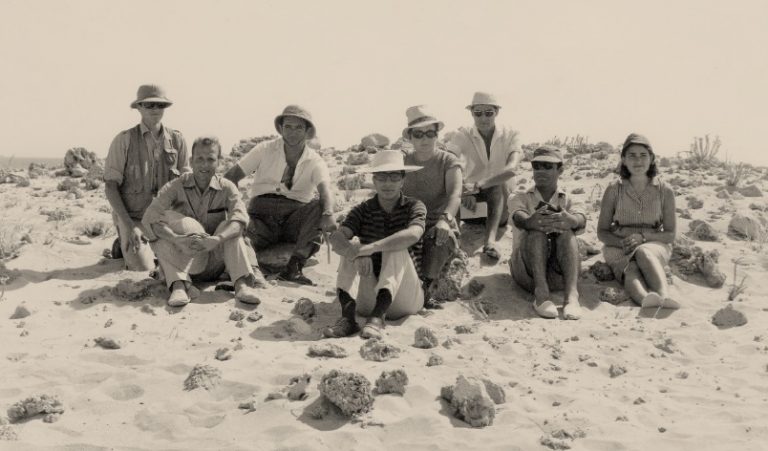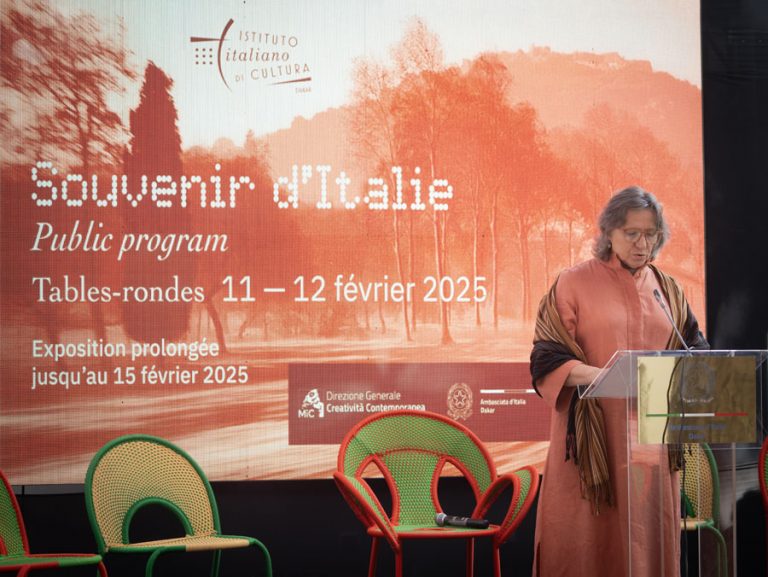The 3CODESIGN travelling exhibition promoted by the Ministry of Foreign Affairs and International Cooperation and curated by architect Silvana Annicchiarico has arrived in Tripoli. The initiative was organised by the Embassy of Italy in collaboration with Libya’s Department of Antiquities and is being staged after a long tour that included China, Qatar, Canada, the United States, Tunisia and Estonia. The exhibition is dedicated to design in recycling and the conception and production of objects using recycled materials, a field in which Italy is one of the world’s leading producers. It will remain at the Museum of Libya until 31 October, to then continue in Benghazi, in collaboration with the Consulate General of Italy in that city.
At the opening event the Ambassador of Italy, Giuseppe Buccino Grimaldi, observed that: “This is an extremely important initiative to bring not just Italian design but the issues of sustainability and the circular economy to the attention of the Libyan public. We are doing this in one of Tripoli’s loveliest historic buildings and through a medium, design, that is both a universal language and one of the Italian spheres of excellence that is most highly appreciated around the world”, he concluded.
The exhibition, presented by Steita Senussi of the University of Benghazi, features about 50 objects created using production technologies and recycled materials conceived by young emerging Italian designers alongside a number of “big names” in the field. It conveys how rubbish can once again be used as a raw material underpinning a circular economy that moves beyond waste. The initiative comes just days after the first Italian-Libyan Friendship Day, which took place in Tripoli on 15 October 2022. It marks a further step by the Embassy of Italy and our Libyan partners to strengthen cultural cooperation between the two countries, encourage the Libyan people to study the Italian language and culture, provide suitable and adequate training for Libyan teachers of Italian and foster a wider offering of scholarships for Libyan students wishing to study in Italy. All of this should be viewed in the light of the complete reopening of the Italian Cultural Institute and the full resumption of its activities.





